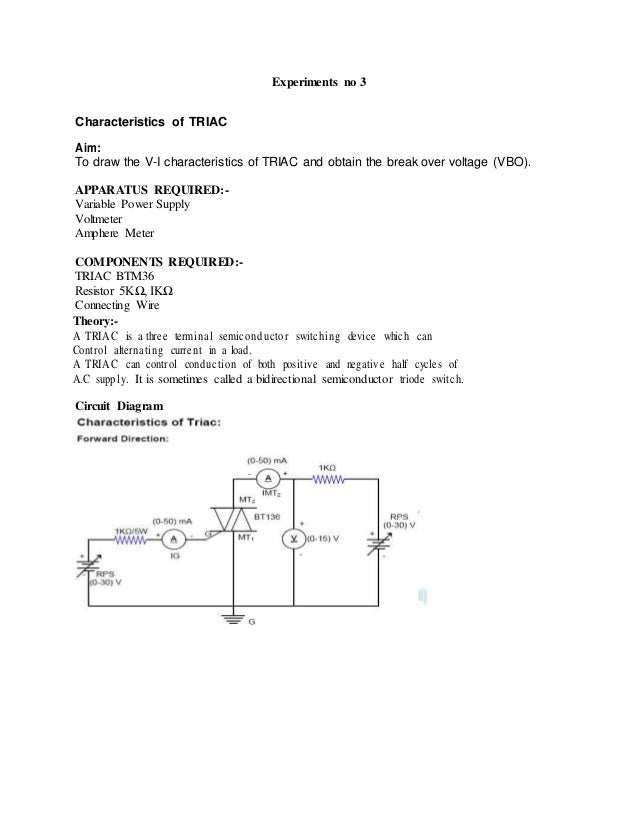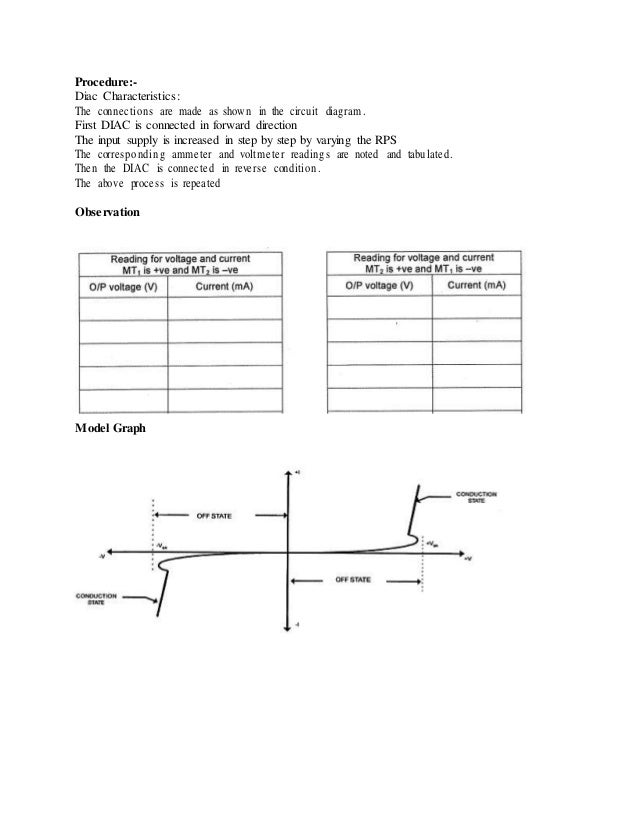Electronic Design Lab Manual
LABORATORY MANUAL (ECE-235 LAB) GUIDE LINES FOR THE EXPERIMENTS AND REPORT PREPARATION 1. Preparation for the experiment: Before conducting the experiment, the student is required to have read the experiment background and procedure from the experiment manual and studied the related theory. ELEN 248 Laboratory Manual, Lab 1. Lab 1: Introduction to Combinational Design. 1.1 Introduction. The purpose of this experiment is to introduce you to the basics of circuit wiring, troubleshooting, positive/negative logic, threshold voltages, clock, delay concepts, and gate behavior. Jan 28, 2019. Articles, news, products, blogs and videos from Electronic Design. LAB MANUAL ELECTRONIC DEVICES & CIRCUITS LAB Dept. Of ECE CREC 1 LAB MANUAL ON ELECTRONIC DEVICES & CIRCUITS LAB II B.TECH I SEMESTER ECE (JNTUA-R15) Verified and Compiled by: Dr. THRIMURTHULU, M.E., Ph.D., MISTE, MIETE Professor, Dept.
Infrastructure-Based Automated Valet Parking Debuts in Detroit
5 Development Platform Keys for Easy Real-Time Audio System Design
DoD Cable and Connector Standards Simplified
Test and Measurement Products of the Week (9/6-9/12)
From Gas Stations to Recharging Stations: Program Looks to Resolve Range Anxiety
Top Stories of the Week - Sept. 7, 2020
Infrastructure-Based Automated Valet Parking Debuts in Detroit
5 Development Platform Keys for Easy Real-Time Audio System Design
DoD Cable and Connector Standards Simplified
Top Stories of the Week - Sept. 7, 2020
Infrastructure-Based Automated Valet Parking Debuts in Detroit
5 Development Platform Keys for Easy Real-Time Audio System Design
DoD Cable and Connector Standards Simplified
DoD Cable and Connector Standards Simplified
Test and Measurement Products of the Week (9/6-9/12)
More AI Hardware Arrives at the Edge
Infrastructure-Based Automated Valet Parking Debuts in Detroit
From Gas Stations to Recharging Stations: Program Looks to Resolve Range Anxiety
Why Current Safety Analysis Methods Fail at Covering Lethal System Designs

Electronics Lab Manual Pdf
5 Development Platform Keys for Easy Real-Time Audio System Design
From Gas Stations to Recharging Stations: Program Looks to Resolve Range Anxiety
Hey, Lithium Dendrites: We’re Looking at You—Very Closely
High-Efficiency Buck-Boost Converter Prolongs Battery Life
This Week in PowerBites: Defining Power Density, Smart LED Drivers
Test and Measurement Products of the Week (9/6-9/12)
This course is an introduction to the analysis, modeling, design, and testing of analog electronic circuits in a practical laboratory setting. The laboratory is centered around a robot platform and includes design, Spice simulations, prototyping and testing of the circuits necessary to drive and remote control the robot.
- An introduction to prototyping, simulations and testing of analog circuits
- Speed measurement circuits and measurement and modeling of robot DC motor characteristics
- Electronic drives for robot DC motors and speed control circuits
- Robot speed and position control using a microcontroller
- Remote control using radio-frequency (RF) circuits
- Design project
The required prerequisite for this course is ECEN 2250 Introduction to Circuits & Electronics. The required co-requisite is ECEN 2260 Circuits as Systems.
- Please check Canvas for announcements. $errorCode = 73
xml_error_string() = > required
xml_get_current_line_number() = 16
xml_get_current_column_number() = 413
xml_get_current_byte_index() = 1425
Electronic System Design Lab Manual

- Prof Zefram Marks
- Office hours: in lab or by appointment (email or catch me after class)
- Teaching Assistant(s)
- Vasu Seeram
- Kyle Wislinsky (ELA)
- All emails are standard 'first.last@colorado.edu'
- Lectures: Mondays, 3:00-3:50 pm, ECCR 200
- Lab: Tuesday and Thursday, ECEE 281/282, 10:30am-12:20pm (Sections 011 & 012), and 5:30-7:20pm (Sections 013 & 014)
- Students work in groups of three (or two as an exception), equal participation is expected
- Each group is required to purchase a lab parts kit. These are available in the ECEE Store on the 1B level of the ECE wing.
- Attendance is required to receive credit. All excused absences must be arranged in advance with your TA and your lab partner. In case of emergency, contact your TA and lab partner as soon as practical.
- In the lab: no food or open drinks, no audible music; no exceptions.
During a lab session, you are not allowed to visit Internet sites unrelated to this course; no exceptions. - The course is organized into six experiments. Each experiment includes graded components consisting of an in-lecture quiz, individual and group demonstrations, and a written group report. The grade weightings are listed on the course D2L website.
- Written reports must be submitted to the course D2L dropbox.
- No late work is accepted
- All unexcused absences will result in a reduced report grade (adjusted individually)
- This course strives to provide the student with a variety of specific learning outcomes. These include the student outcomes identified by ABET, and adhered to by the ECEE department, related to the skills, knowledge, and behaviors that students acquire as they progress through the program. The specific Student Outcomes can be found here.
- If you qualify for accommodations because of a disability, please submit to me a letter from Disability Services in a timely manner so that your needs may be addressed. Disability Services determines accommodations based on documented disabilities. (303-492-8671, Willard 322)
- Every effort will be made to reasonably and fairly deal with students who have serious religious observances that conflict with scheduled exams, assignments, etc. Please notify the instructor well in advance, so that there is time to make adequate arrangements. The Boulder campus policy can be found here.
- All students will be expected to comply with the Boulder campus honor code. For more information, see http://www.colorado.edu/honor-code
- Students and faculty each have responsibility for maintaining an appropriate learning environment. Those who fail to adhere to such behavioral standards may be subject to discipline. Professional courtesy and sensitivity are especially important with respect to individuals and topics dealing with differences of race, culture, religion, politics, sexual orientation, gender, gender variance, and nationalities. The campus policy can be read at http://www.colorado.edu/policies/student-classroom-and-course-related-behavior